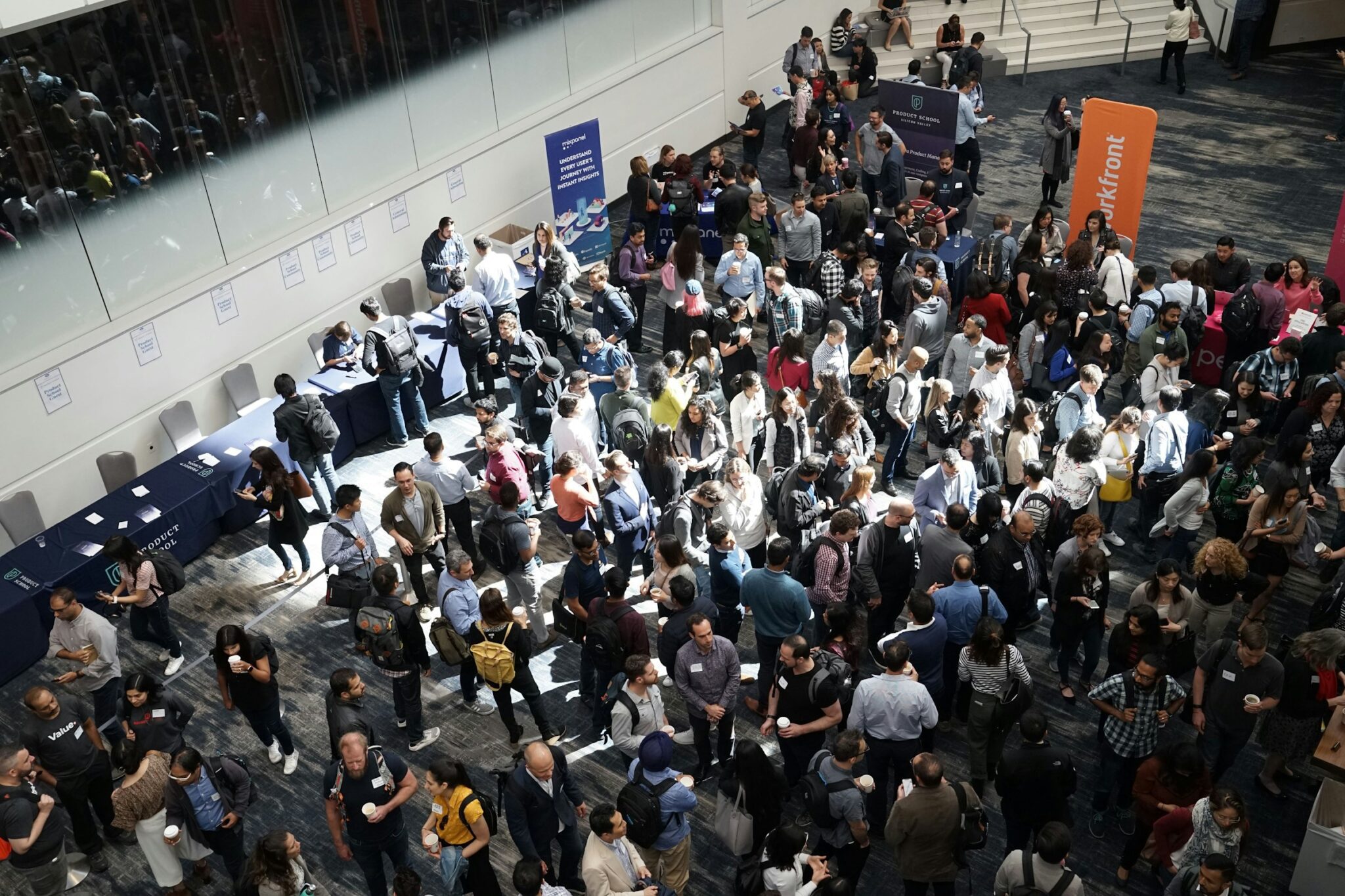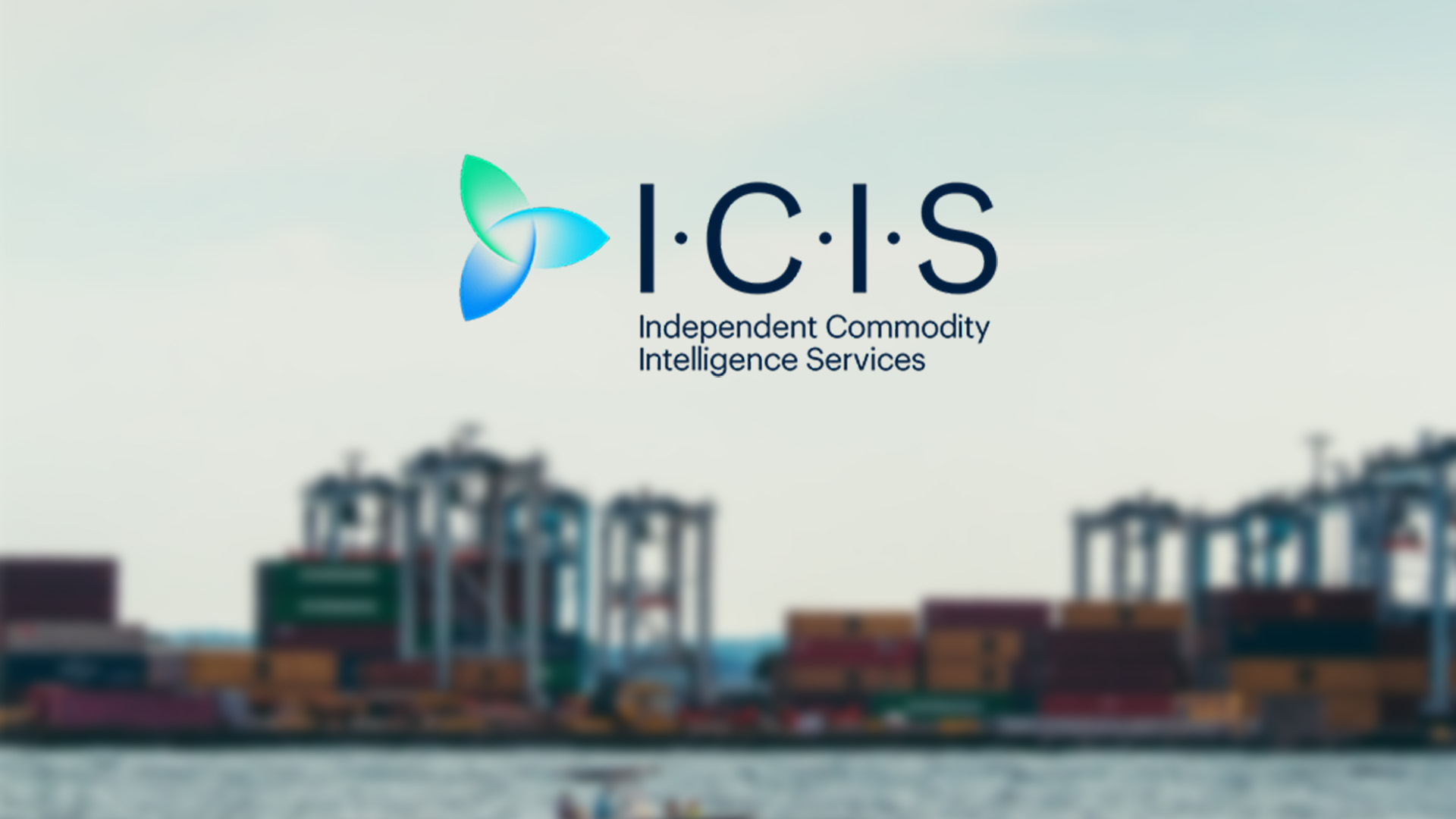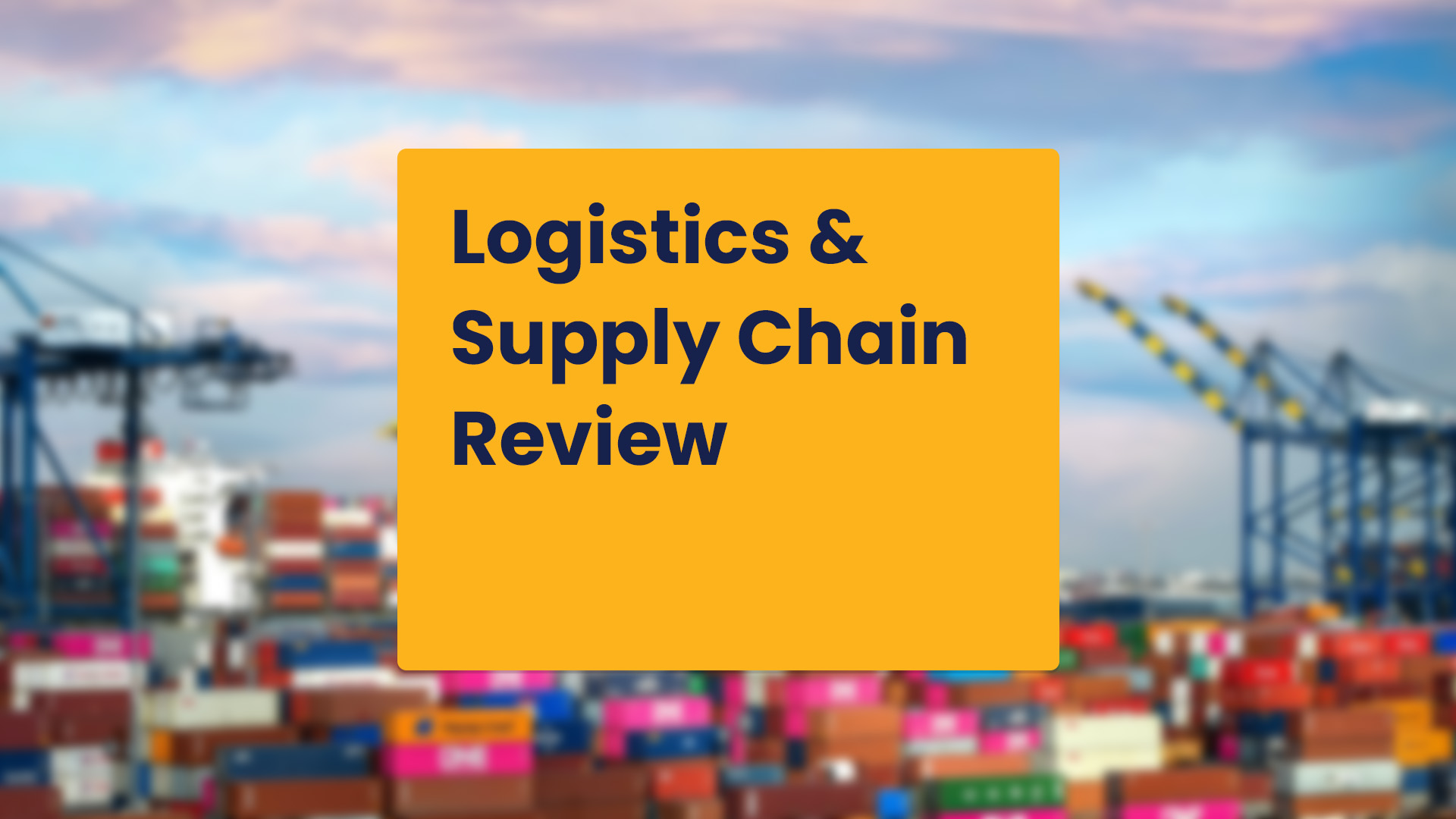Canada, China, and Mexico Hit Back: $155B in Counter-Tariffs, Export Bans & Supply Chain Disruptions
In response to recent U.S. tariffs, Canada, China, and Mexico have implemented significant countermeasures totaling $155 billion, affecting global supply chains and increasing freight costs.
Canada's Actions:
- United States Surtax Order (2025): Canada imposed a 25% surtax on $30 billion worth of U.S. goods, including orange juice, peanut butter, wine, spirits, beer, coffee, appliances, apparel, footwear, motorcycles, cosmetics, and pulp/paper products. An additional $125 billion in tariffs is planned if U.S. tariffs persist, potentially targeting vehicles, electronics, steel, and aluminum.
China's Measures:
- Export Restrictions: China is restricting exports of rare earth elements, which are crucial for various high-tech industries, thereby impacting global supply chains.
Mexico's Response:
- Pending Trade Barriers: Mexico is preparing its own set of trade barriers in retaliation, although specific details have yet to be announced.
These retaliatory measures are expected to disrupt supply chains and increase freight costs globally, affecting various industries and consumers alike.
Trump and TSMC announce $100 billion plan to build five new US factories
On March 3, 2025, Taiwan Semiconductor Manufacturing Company (TSMC) CEO C.C. Wei met with President Donald Trump at the White House to announce a substantial $100 billion investment in U.S. semiconductor manufacturing. This investment plan includes the construction of five additional chip fabrication plants, two advanced packaging facilities, and a research and development center in Arizona.
The initiative aims to bolster domestic semiconductor production, reducing reliance on Asian manufacturing and addressing national security concerns. President Trump emphasized the importance of producing essential chips and semiconductors within the United States, highlighting it as a matter of national security.
This announcement builds upon TSMC's previous commitment of $65 billion, bringing the total planned investment in U.S. operations to $165 billion. The expansion is expected to create thousands of high-paying jobs and strengthen the U.S. position in advanced technology sectors.
However, the company's Taiwan-listed shares experienced a 2% decline following the announcement, as investors expressed concerns over higher operational costs associated with U.S. manufacturing compared to Taiwan.
Overall, TSMC's investment signifies a significant shift in the global semiconductor landscape, with potential implications for supply chains, national security, and technological advancement in the United States.

Ryan Snyder On AI And Digital Innovation At Thermo Fisher Scientific
In a recent Forbes interview, Thermo Fisher Scientific's Chief Information Officer, Ryan Snyder, emphasized the integration of business and technology strategies to drive innovation. He highlighted the pivotal role of data in advancing the company's objectives, particularly through the application of artificial intelligence (AI) and digital technologies. Snyder's approach underscores the importance of aligning technological initiatives with business goals to enhance operational efficiency and deliver value to customers.
Get more articles like this in your inbox
Sign up for our monthly newsletter
Find more articles


